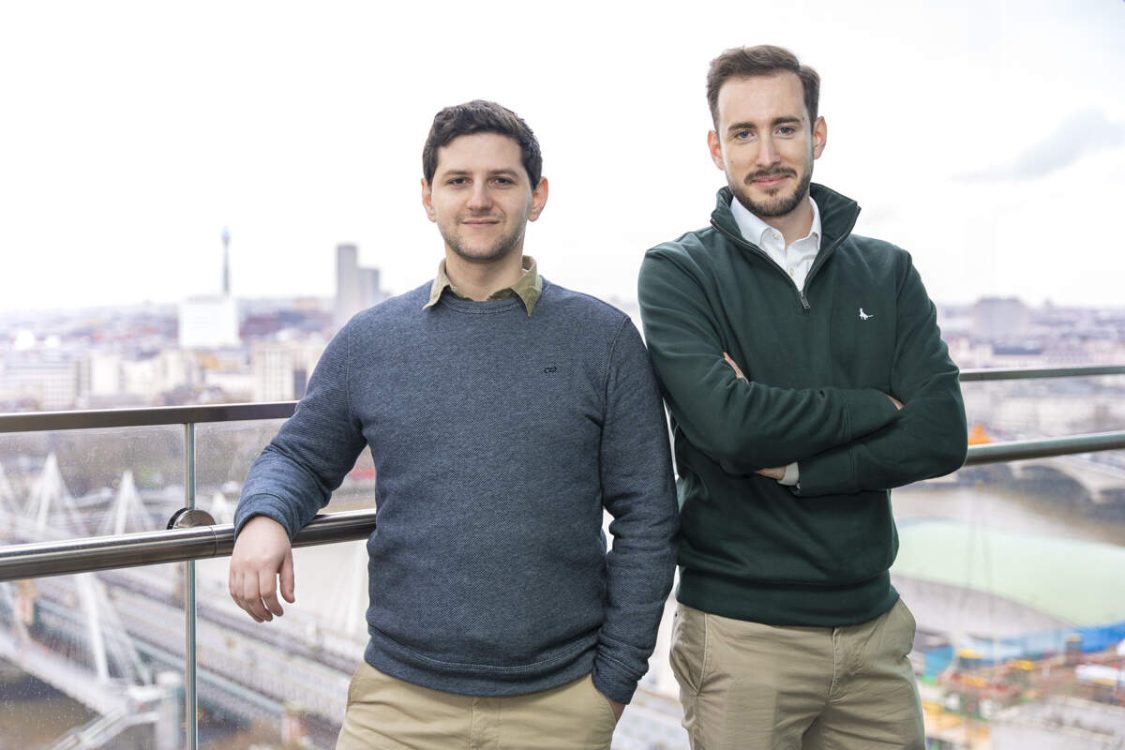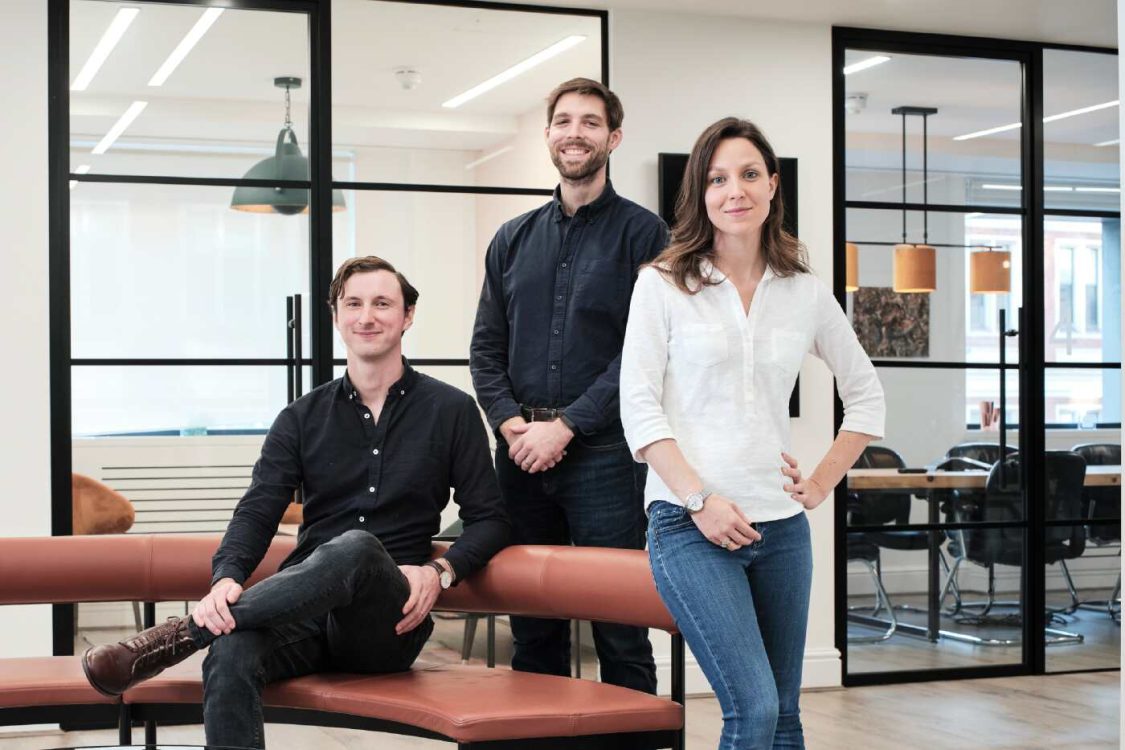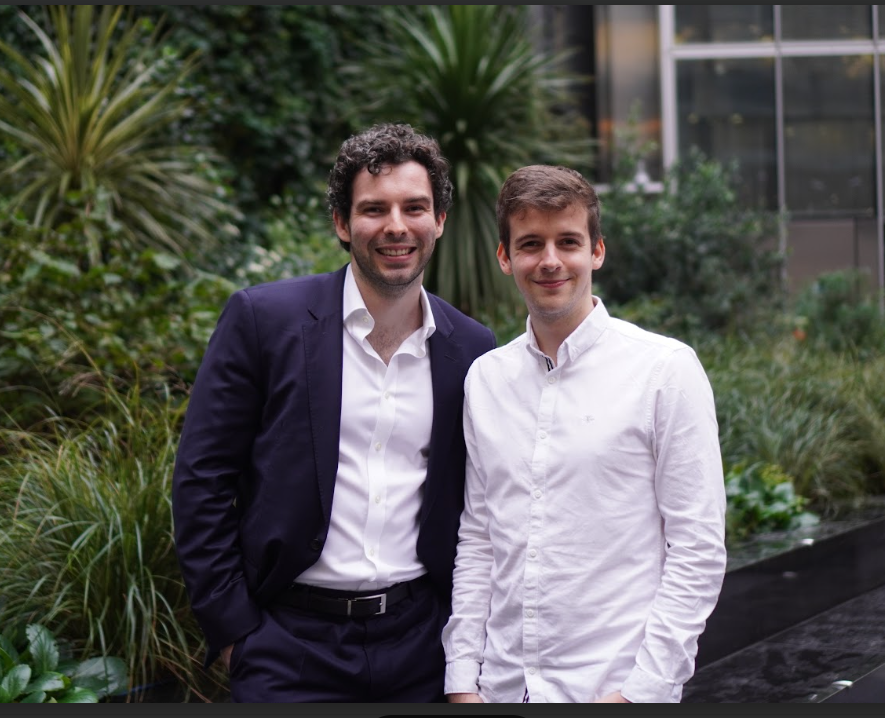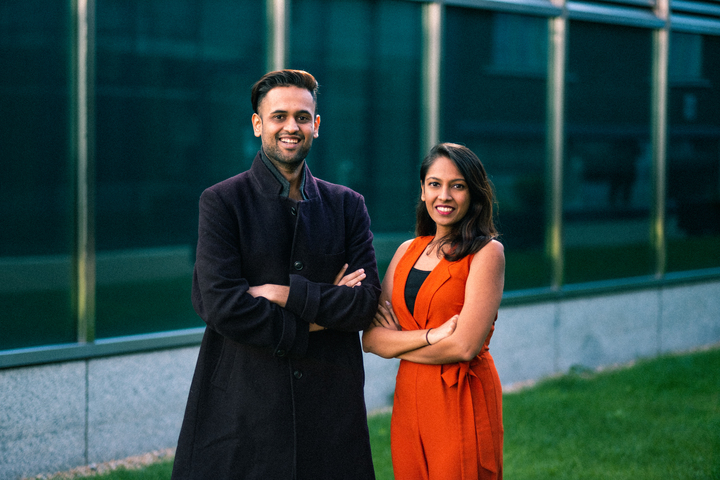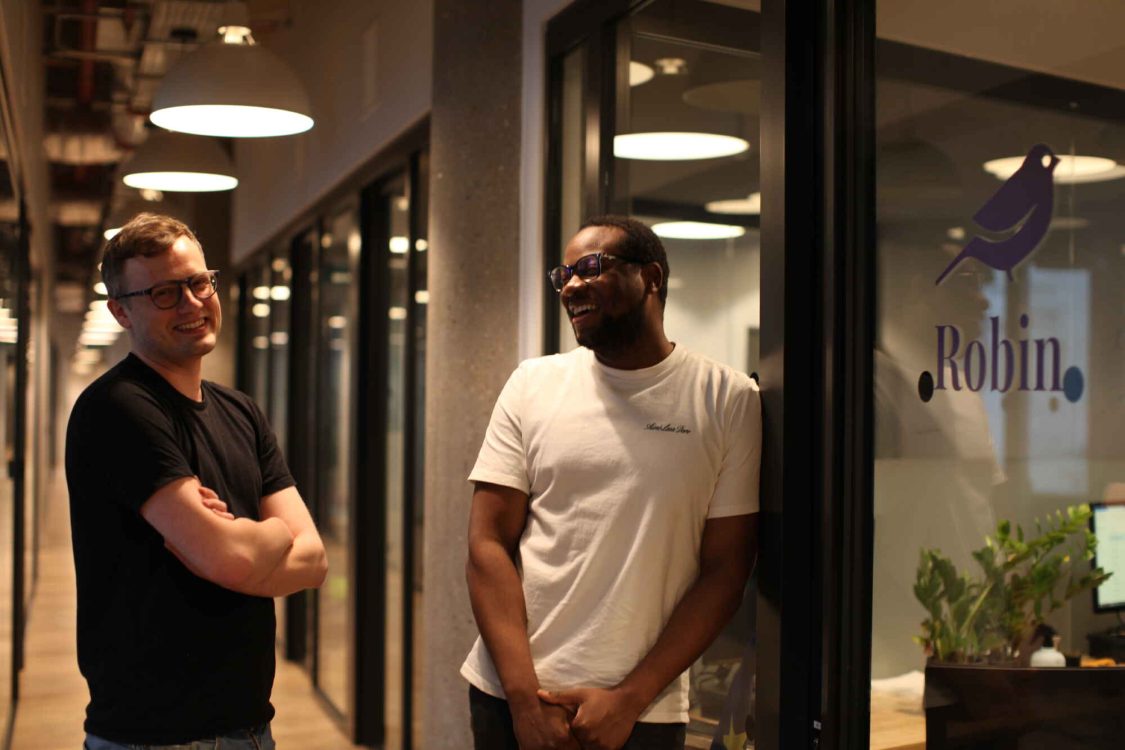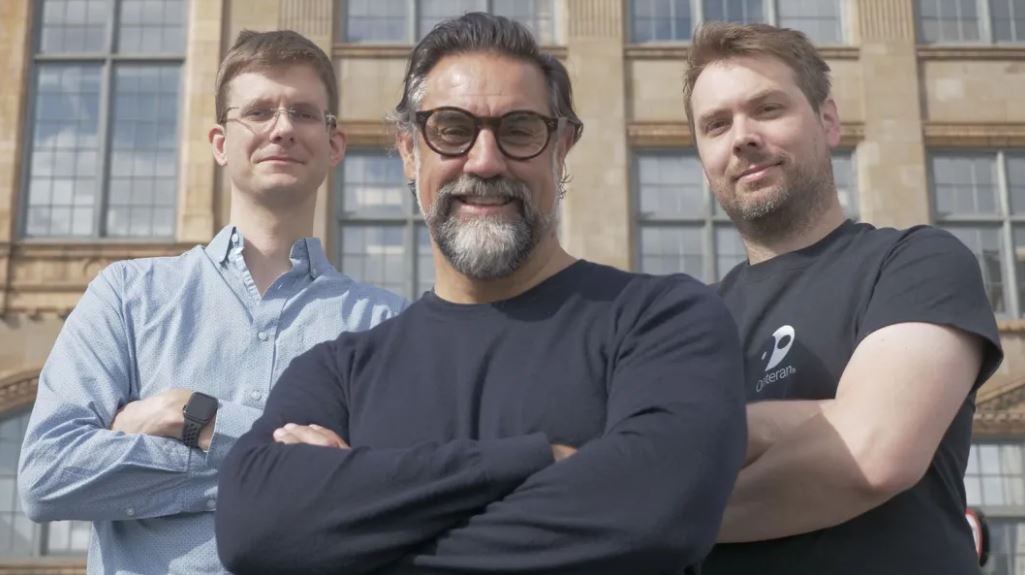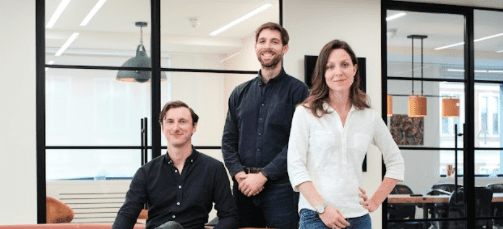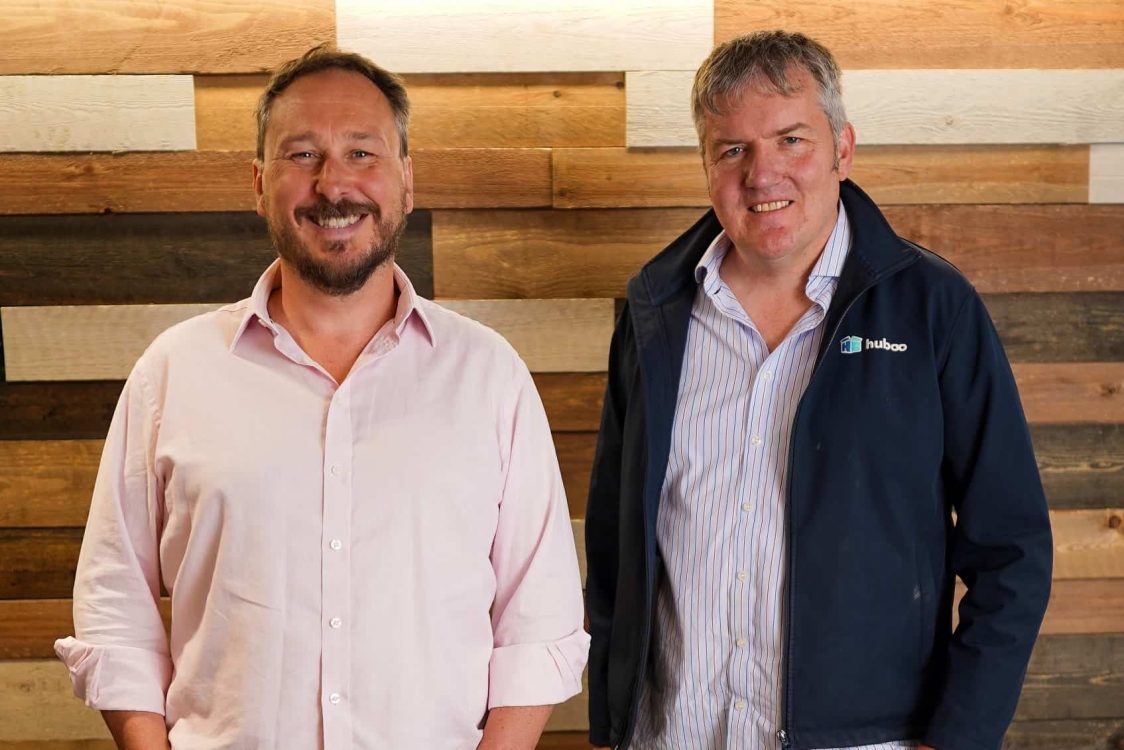Robin AI secures £1.75 million Seed investment from investors including Episode 1

Legal technology company Robin AI raises $2.5m seed funding to transform how businesses manage their contracts.
Legal technology start-up Robin AI has raised $2.5m seed funding from Episode 1 and a number of leading angel investors including Paul Massara (former CEO of NPower), Al Giles (Former Chief Revenue Officer of Axiom) and Oliver Burgel (Former CEO of Barings Europe). They are also one of just 30 companies to be selected to receive a portion of the $2m Google Black Founders Fund, a programme set up to support the chosen companies as they work to change the face of start-up culture that currently sees just 0.5% of start-ups with Black founders receive institutional investment.
Robin AI was launched in 2020 and builds software to automate legal work. Using a combination of machine learning and human intelligence, Robin AI reviews high volume legal contracts such as NDAs, helping business and law firms cut their costs and save time.
This new investment will help Robin to build on its rapidly expanding list of customers, which include legal firms Clifford Chance and Foot Antsey, PE funds like Hayfin and businesses like Pizza Hut and Babylon Health. It will also support the company as it rolls out new software that will change the way that millions of people create contracts.
Robin AI was founded by Richard Robinson, a young, Black lawyer-turned-entrepreneur. In his early career as a corporate lawyer (Clifford Chance and Boies Schiller Flexner) Richard identified that much of his workload was relatively simple, repetitive work, and there was no technology in the industry to do the work cheaper, faster and more accurately. Richard leads Robin alongside CTO, Dr. James Clough, who holds a PhD in AI and has spent years using machine learning in healthcare to diagnose diseases. Richard has written about his passion for improving diversity in the legal and technology industries, and he is starting to put that passion into practice with Robin where half of the company’s board are women.
Richard Robinson, CEO of Robin AI said:
“Businesses and law firms now realise that with the right technology, tasks that used to require significant amounts of time and effort, can be largely completed in seconds. Our technology can summarise thousands of documents and extract the key points in a fraction of the time. It can read and edit legal documents with far less human effort and can give specific advice automatically. We have typically saved our clients around 70% of their costs related to contract review. Our technology is AI+, advanced machine learning combined with human expertise that enables our customers to focus on the more complex, strategic work they?re best at.”
Quote from Episode 1:
“Start-ups have been attempting to disrupt legal work for some time. With their approach, Robin AI is finally able to edit and negotiate contracts with the same finesse and control as a real lawyer. We’ve been impressed with just how quickly clients come to trust and depend on Robin for more and more of their legal work.”
The Robin model / how it works:
Robin is building a range of products to solve repetitive, high volume legal tasks susceptible to automation using Robin’s unique combination of machine learning (in particular, natural language processing) and world class legal professionals. By targeting specific, recurring tasks, Robin is pioneering what it calls “Legal-as-a-Product”, an innovative approach to packaging legal services into discrete tasks and problems that cutting-edge technology can help to solve. Robin?s software can instantly read a contract and compare it against pre-arranged rules. It then automatically amends to contract at a granular, word-level, according to the pre-agreed rules – with mark-ups that look like the work of a human lawyer. Robin lawyers then do a final check of content to ensure accuracy.
Welcoming investment from Episode 1 and the Google Black Founders Fund, Richard Robinson added:
“When I started this business I set out to build one of Europe?s most diverse unicorn companies. We know that the technology industry has had plenty of warm words about diversity in the last few years, but we still continue to see depressing statistics around gender and racial diversity both in VC, in founder representation and in startups themselves. And the legal industry faces similar challenges. We wanted to change that. Half of our team are women, half of our board are women, and 25% of our staff are people of colour. And we?re going to do everything we can to make sure we are looking far and wide for the best and most diverse group of people to join us on this journey.”


